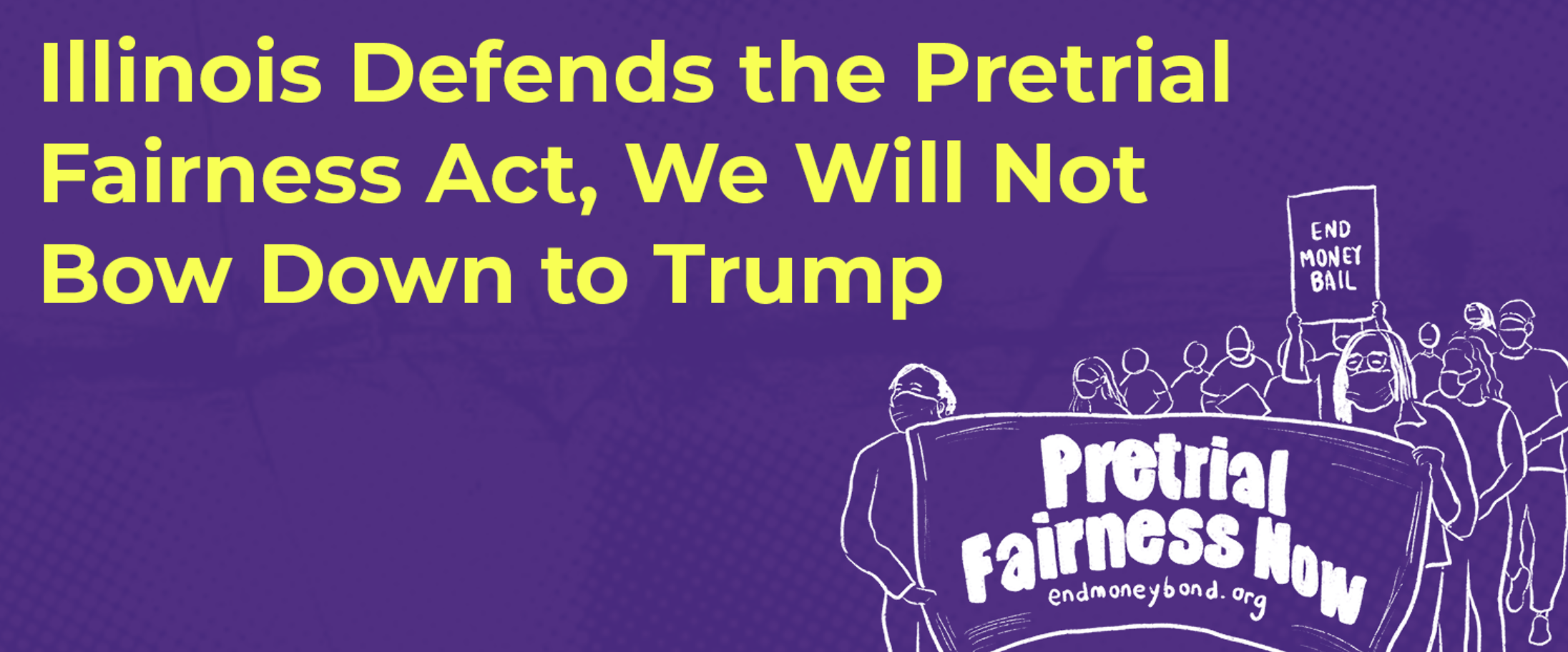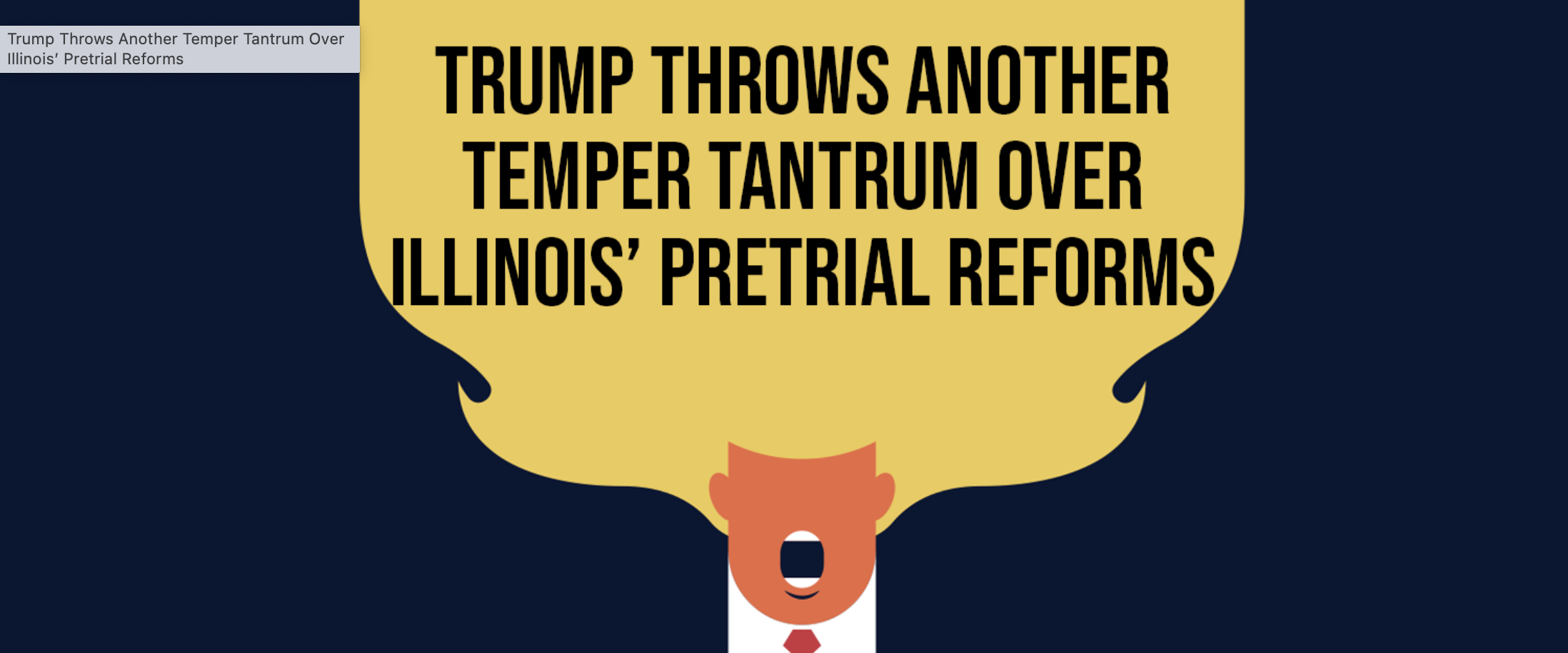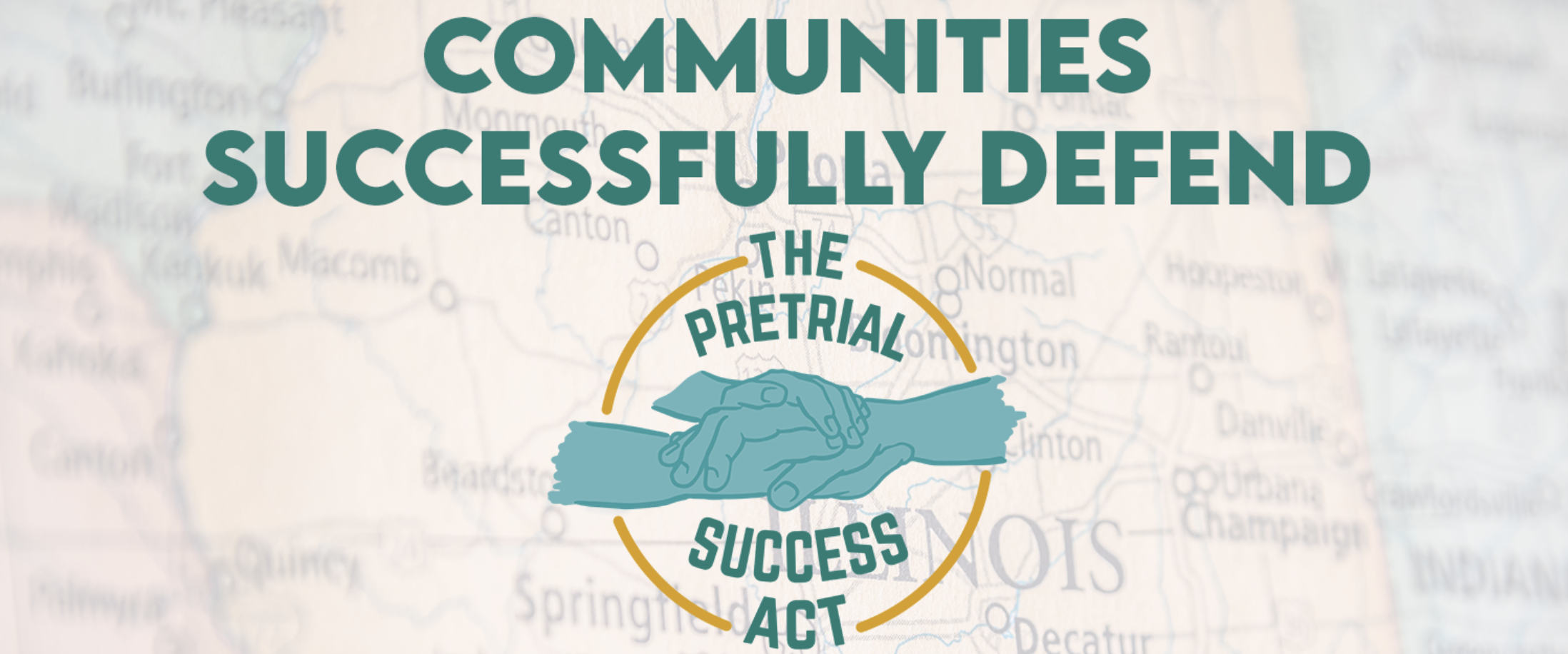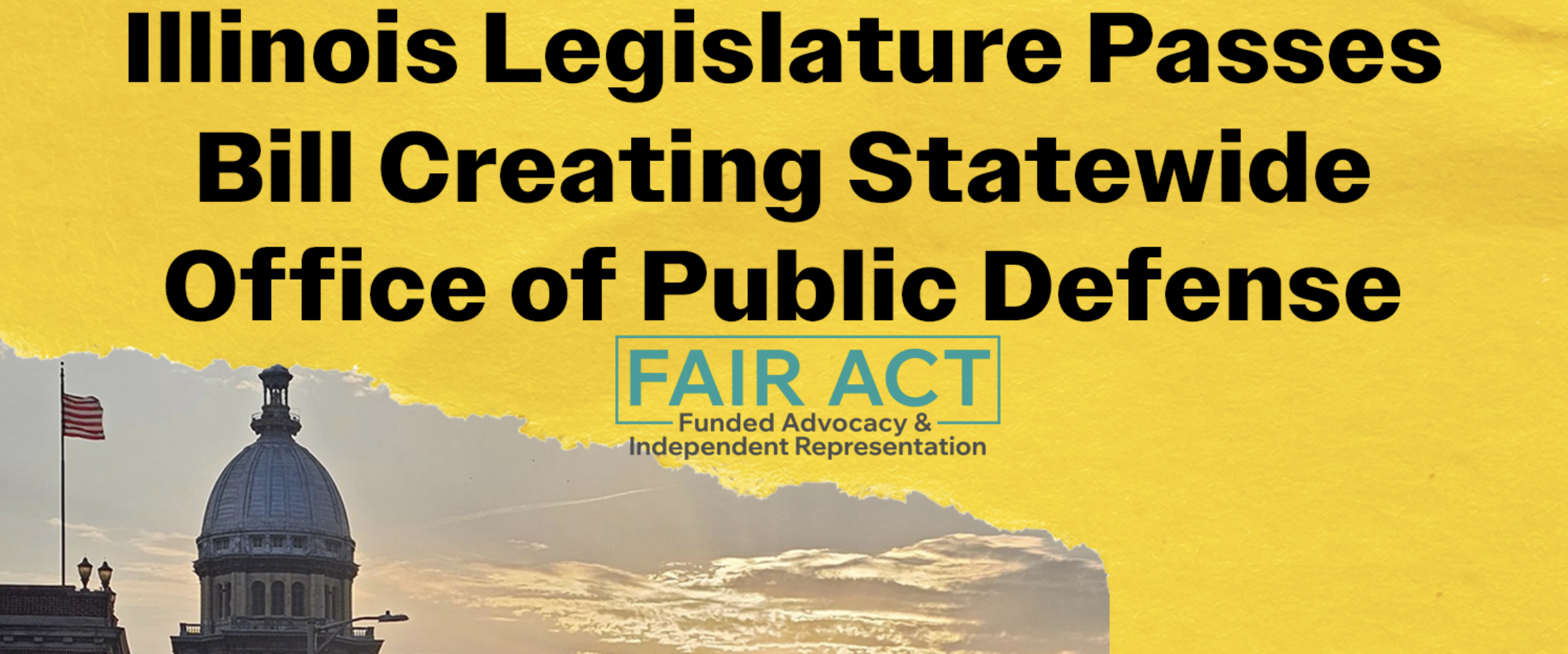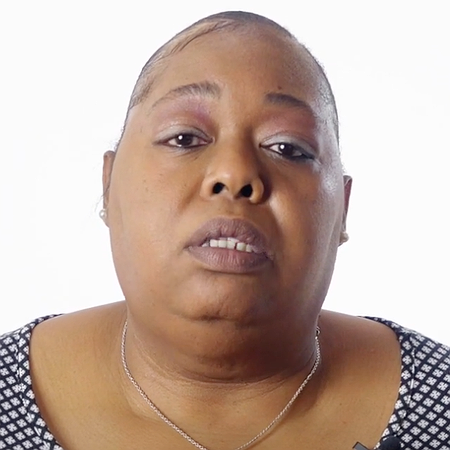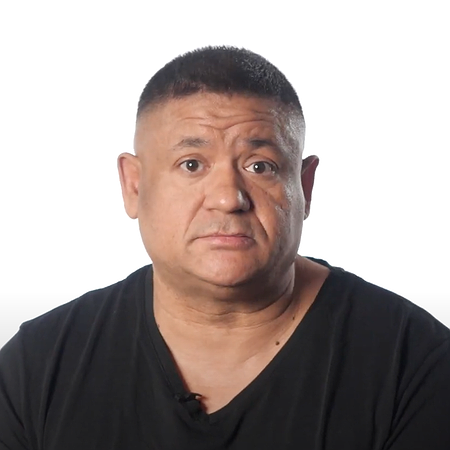
Democracy Now: Trump Targets Bail Reform, Wants to Let Rich “Buy Their Way Out of Jail”
Trump has decided that he doesn’t like the policy, not because of the facts or the data, but because of the politics, so he literally issues an executive order that threatens to starve the state.
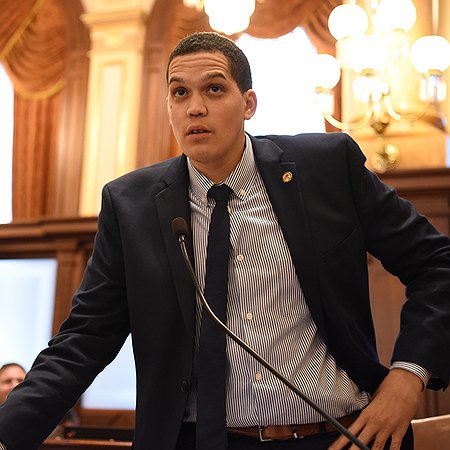
WAND News: Illinois Democrats, advocates bash Trump's executive order banning cashless bail policies while Republicans celebrate
"The fact of the matter is not only here in Chicago, but throughout the state and throughout this country, we've seen a historic drop in violence."
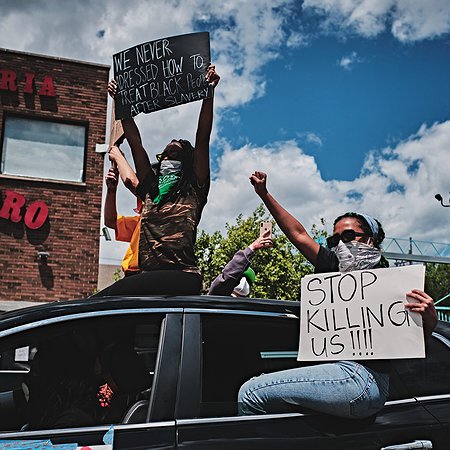
The TRiiBE: Five years later, the fight for racial and criminal justice is far from over
Illinois used to punish people simply for being poor... The Pretrial Fairness Act changed that. It replaced a system of wealth-based detention that coerces poor people to plead guilty with one that centers public safety and equity.
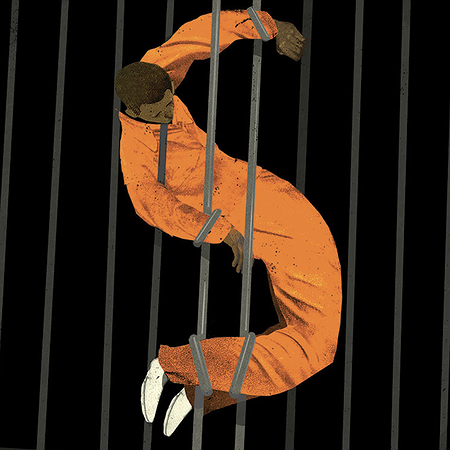
The Nation: Illinois Has Put an End to the Injustice of Cash Bail
Amid a national backlash against criminal justice reform, Illinois has achieved something extraordinary. It’s working better than anyone expected.
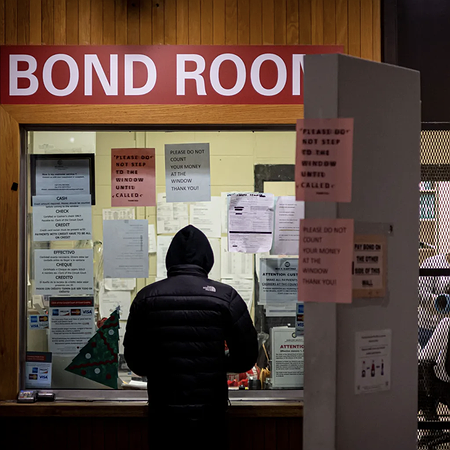
Chicago Tribune: State lawmakers: Our new justice system without money bond prioritizes public safety over wealth
Ending money bond was not just a legislative action about altering a legal procedure. It was a movement centered on reimagining the principles of fairness and justice within our criminal legal system.
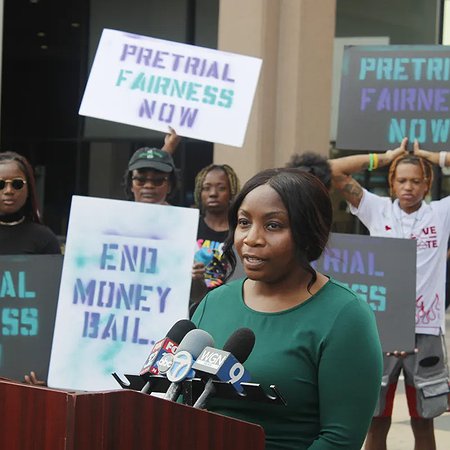
AOL: The end of money bond is facilitating a public health approach to substance use
Money bond has been a key driver of racial disparities, with Black and Brown individuals disproportionately incarcerated at staggering rates for minor offenses compared to white individuals. The Pretrial Fairness Act disrupts this pattern, providing much-needed reform.
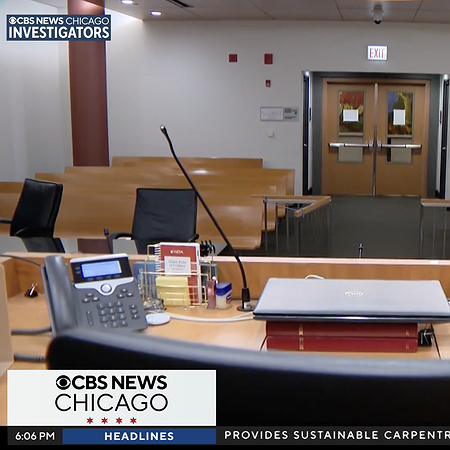
CBS News: End of cash bail in Illinois has not resulted in more crime, but has impacted court system
The biggest concern was that the abolition of cash bail would lead to a rise in crime. The bottom line from the first year of data since the Pretrial Fairness Act was implemented is that such a thing has not happened. In fact, violent crime and property crime are down.
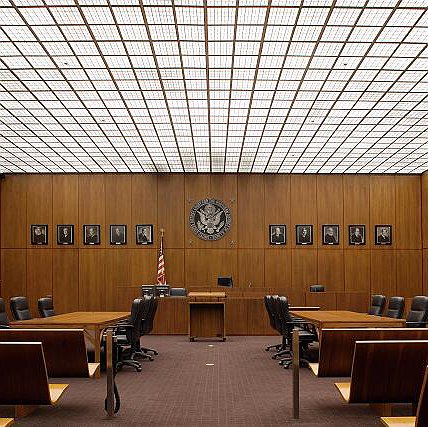
CBS News: End of cash bail in Illinois has not resulted in more crime, but has impacted court system
"The biggest concern was that the abolition of cash bail would lead to a rise in crime. The bottom line from the first year of data since the Pretrial Fairness Act was implemented is that such a thing has not happened. In fact, violent crime and property crime are down."

Illinois Times: Don't be fooled by fear tactics. Eliminating money bond is working.
"The Pretrial Fairness Act is just one component in building a more equitable and compassionate criminal justice system that prioritizes safety, rehabilitation and community well-being."
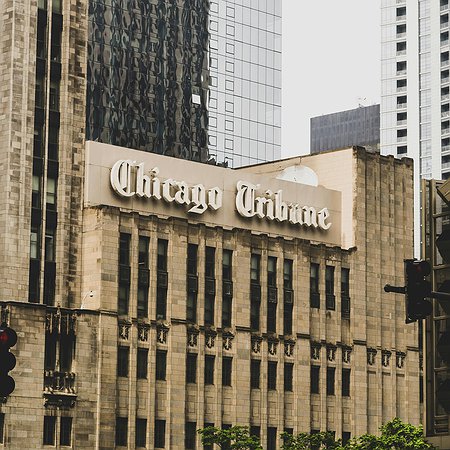
Chicago Tribune: 6 months after IL ended cash bail, jail populations are down
"In Cook County, the jail population has decreased by about 13%, comparing snapshot days in September and April, according to county data."
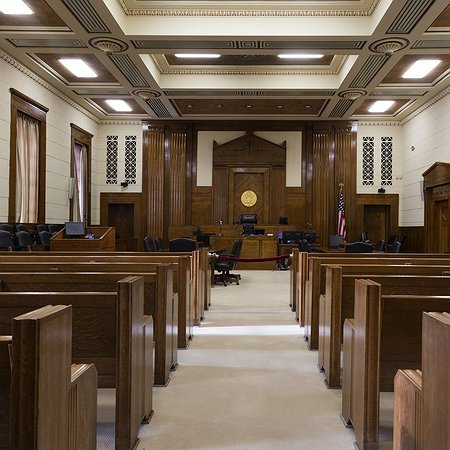
Sun-Times: End of cash bail in Illinois showing early signs of success
“'There’s a sense in the courtroom that taking money out of the equation has leveled the playing field,”' Cook County Judge Charles Beach said.

KSDK: In Illinois' new era without cash bail, recidivism and jail populations are trending lower
"For nearly three years, critics who railed against the abolishment predicted the state would suffer a dramatic spike in violent crime incidents or would see a string of repeat offenders roaming free. However, a variety of experts in the criminal justice fields—police, prosecutors, and public defenders alike—say so far, the opposite has happened."

Block Club: Jail population down, but state data on pretrial detention late
"The number of people incarcerated at Cook County Jail has dropped to a near-all-time low since the statewide abolition of cash bail took effect in September. But despite the success in the Chicago area, the state has still failed to comply with key transparency and accountability portions of the Pretrial Fairness Act intended to ensure judges apply the bond reform law fairly across Illinois."
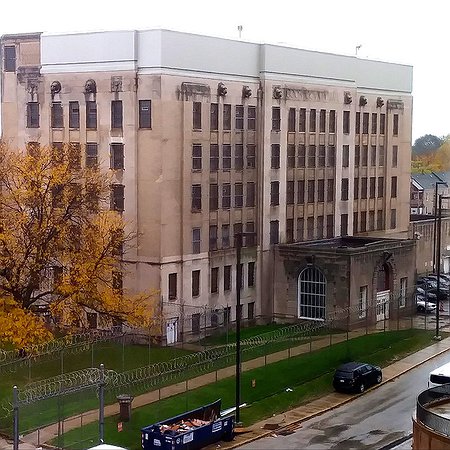
Sun-Times: Cook County Jail population shrinks after elimination of cash bail
"The Cook County Jail population has dipped below 5,000 for only the second time in nearly four decades, a drop experts are linking to Illinois’ historic elimination of cash bail on Sept. 18."
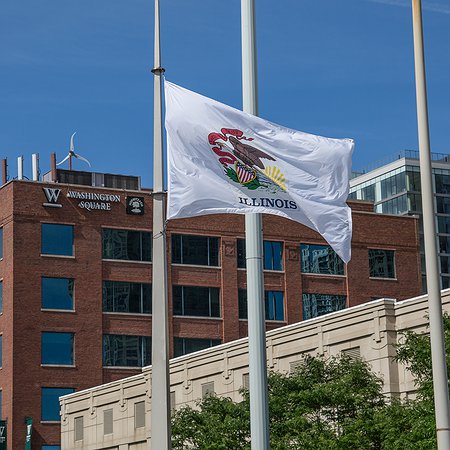
Rochelle News-Leader: Don't swap money bail for digital jails
"As researchers who study the use of electronic monitoring throughout the United States, we are concerned. No research shows that EM leads to better outcomes as compared to people being released without a monitor."

AP: Illinois first to abolish cash bail
"Reflecting on their experiences, Brooks and Ross said being locked up pretrial harmed their chances in court. 'You’re automatically stigmatized if you’re incarcerated and you’re fighting your case, especially Black women,' Brooks said. They hope the new law will change that for others in Illinois."
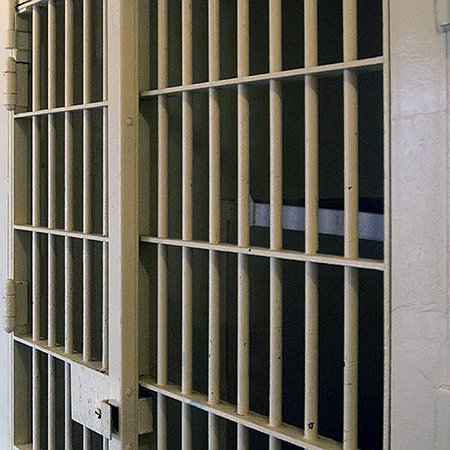
Sun-Times: Eliminating cash bail puts Illinois firmly on road of criminal justice reform
"But bottom-line, it simply isn’t fair for people charged with low-level and nonviolent crimes to bide their time in jail while they await trial solely because they don’t have the cash more privileged suspects can withdraw within minutes."

Chicago Tribune: The Pretrial Fairness Act is constitutional. It’s time for justice to prevail.
"Wealth-based jailing has been brought up in our legislature twice, effectively placed on the ballot and heard by the courts. It is time to roll up our sleeves and see this historic reform through. Continuing to attempt to sabotage the law’s implementation will not only ignore the will of Illinoisans, but it will also put public safety at risk."

Chicago Reader: Keep the Pretrial Fairness Act as is
"Provisions in the proposed amendments would remove the guardrails set up to achieve the law’s goal of reducing pretrial jailing while protecting public safety. The result of adopting these changes would be devastating; they would increase pretrial jailing, worsen racial disparities, and make our communities less safe."
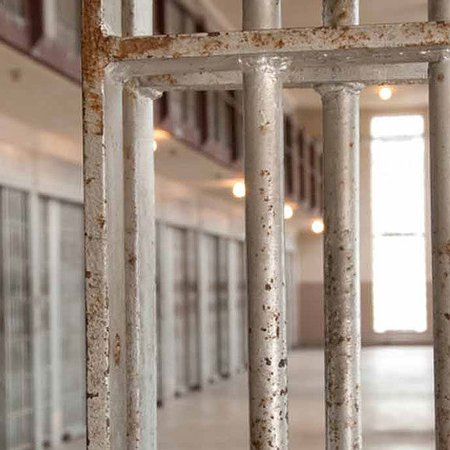
Sun-Times: Putting an end to dead-end drug arrests is the right move
"The War on Drugs has mostly been a failure. Society can win at least one of the smaller battles by supporting strategies that steer the lowest-level offenders into treatment for their addiction."
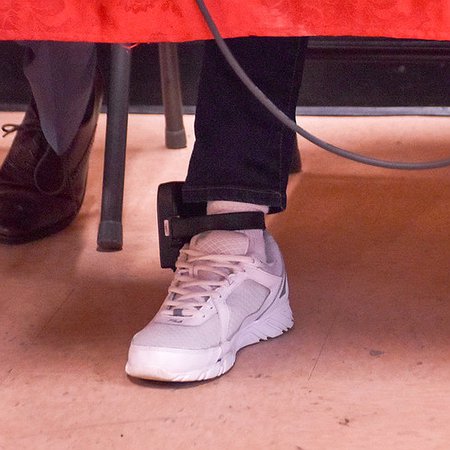
The Intercept: Chicago sheriff denies new rights laid out in criminal justice reform
"Reform advocates said Cook County policies violate the spirit, if not the letter, of the new law, with Illinois lawmakers pushing to undo even more reforms."
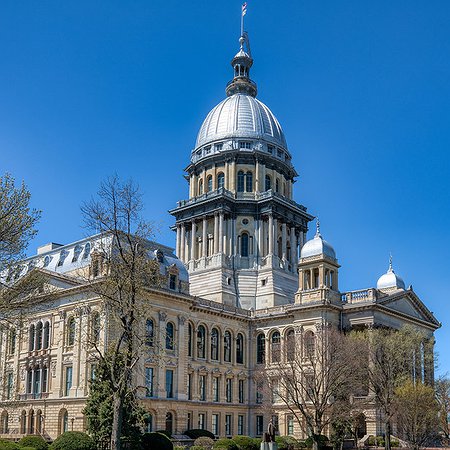
Sun-Times: No bailing out on SAFE-T Act
"The blue wave that washed over Illinois on Tuesday gives Democrats the political cover to argue that despite the GOP blitzkrieg of negative TV ads, voters agree the provisions in the SAFE-T Act are sound public policy."
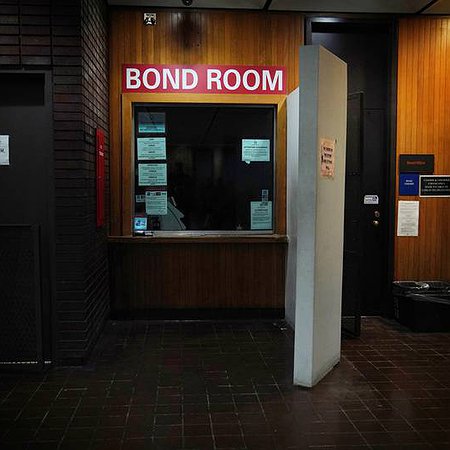
Cash bond reforms will make Illinois more fair
"Instead of prioritizing safety and using data to inform our pretrial policies, we have allowed fear to drive our policies and created a biased system that benefits those with financial means."
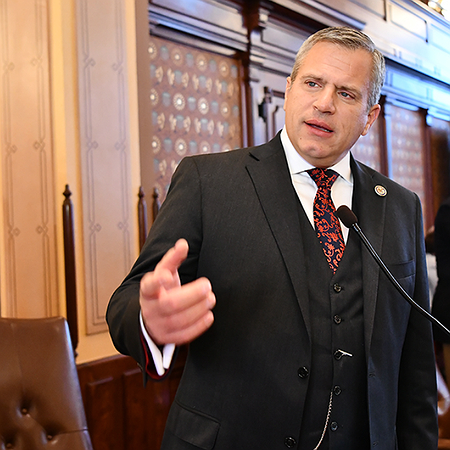
State Senator: Ending money bond won’t be the doomsday some are predicting
“By focusing on the risk an individual may pose to another person’s safety — and not their financial means — the Pretrial Fairness Act ensures that the safety of our communities is the central factor in a judge’s decision on whether to release someone pretrial.”
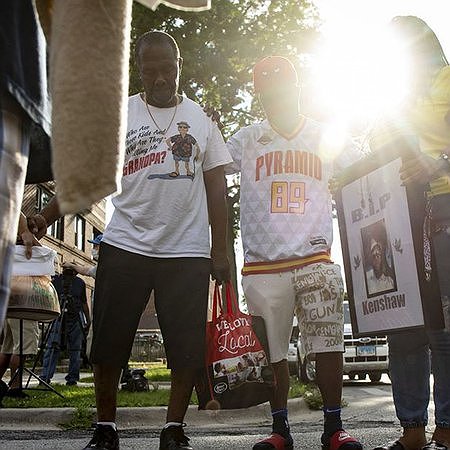
Ending cash bond in Illinois will make communities safer
“[The SAFE-T Act is] a way to make it safer in our communities, not less safe. The more people that understand that, the more we will be able to move to a society and a justice system that better addresses the needs of communities and not just the needs of people who can pay for themselves when they are accused of a crime”
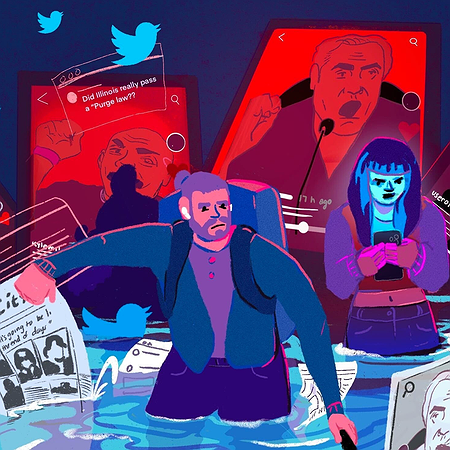
There’s no ‘Purge Law’: Debunking right-wing propaganda about the SAFE-T Act’
“Republican elected officials and their allies have incessantly spread myths, half-truths, and obvious falsehoods about the SAFE-T Act.”
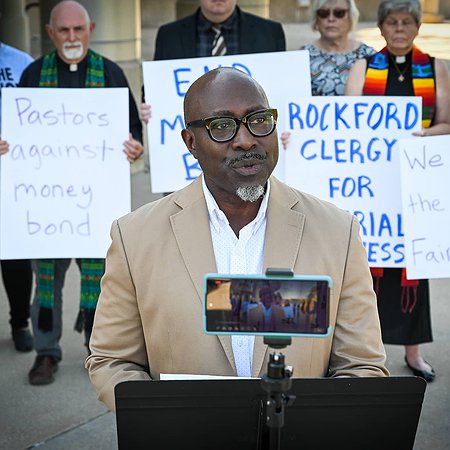
Rockford Clergy Members Show Support For Ending Cash Bail In Illinois
“When I tell you that I’m in favor of the Pretrial Fairness Act, ending money bond and reducing the number of people in our jails it’s because I’ve studied this and I know this is the right thing for my community and my state.”

State senators: This holiday, there’s no panacea for Chicago’s gun violence. Let’s find real solutions.
“It is well documented that overreliance on jailing does not reduce violence; it intensifies it. Pretrial incarceration makes people more likely to be arrested in the future, even when they are found innocent.”
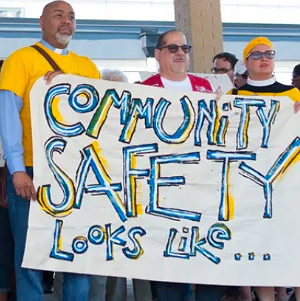
The Southern: From Protest to Progress: An overview of Illinois’ criminal justice reform
"Law enforcement is spreading the narrative that ‘these dangerous predators will be out when this goes into effect’ but the truth is abolishing cash bail makes Illinoisans safer."
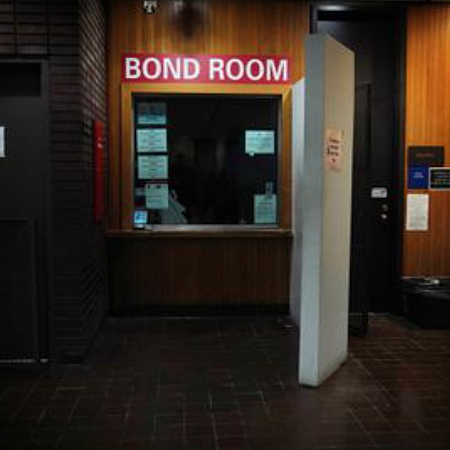
Op-ed: Ending cash bail will improve public safety
"Public safety is not improved by money bond and pretrial incarceration. It’s why the two major statewide anti-domestic violence coalitions supported the plan to end money bond that passed through the General Assembly earlier this month."
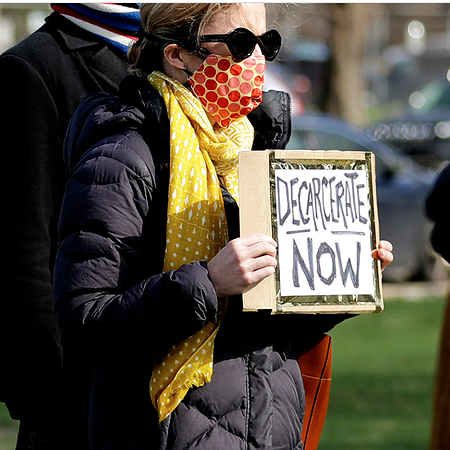
Illinois May Be First State to Eliminate Money Bail, But the Fight Isn’t Over
"The Pretrial Fairness Act will make Illinois’s pretrial system a national model. In addition to ending money bail, a variety of other provisions will improve the fairness of the state’s pretrial system and ensure that the vast majority of people are released before trial."

New no cash bail law provides hope for those in Chicago who’ve been unable to pay
"The law will bring 'hope into the Black and Brown community,' which has been impacted by pretrial incarceration. 'People who are coming home or have charges, making sure they are able to still work, provide for their families and try to put programs into the communities.'"
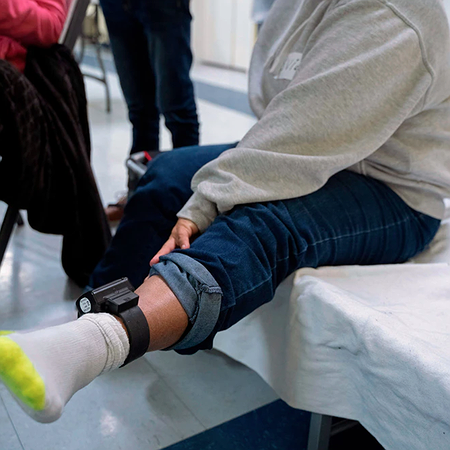
Illinois Will End Cash Bail - And Limit Use of High-Tech Incarceration
"The reforms will avoid the most dangerous pitfalls of quietly emerging 'alternatives' to money bail: algorithms that predict peoples’ 'risk' and detain those given higher scores, and surveillance devices that track people who maintain legal freedom before trial."

Illinois poised to become first state to end wealth-based pre-trial detention
"Numerous studies have shown that bail does little to achieve its intended purpose of ensuring court attendance – people released on their own recognizance were just as likely to come back to court for their trials as people who posted money bond and no more likely to reoffend awaiting trial."
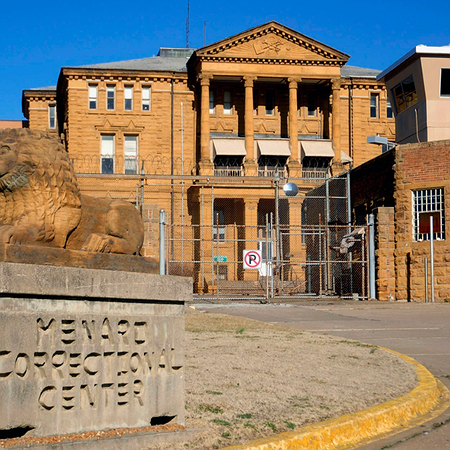
Did Illinois get bail reform right? Criminal justice advocates are optimistic
"The bill is very well thought through and has real potential. By seeing the experiments in other jurisdictions, Illinois was able to really try to mitigate against falling into some of those same pitfalls."

Let’s Stop Pointing Fingers and Solve This Violence Problem Together
"Pointing fingers of blame will not make us any safer. It won’t bring us any closer to justice. It won’t stop the shooting or the looting, and our communities deserve more."

